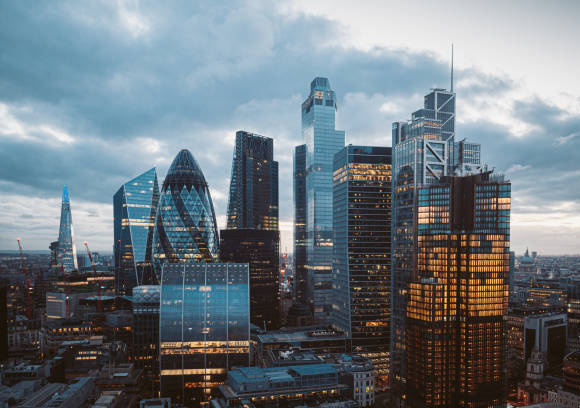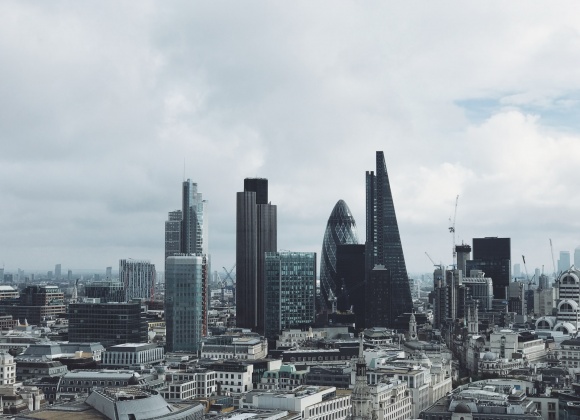The Future of Energy Efficiency Technology in Modern Homes in London
Introduction:
As London continues its pursuit of a sustainable and eco-friendly future, energy efficiency technology is set to play a vital role in modern homes across the city. With a focus on reducing carbon emissions and optimizing energy consumption, innovative advancements are transforming the way homes are designed and operated. In this article, we will explore the future of energy efficiency technology in modern homes in London, envisioning a greener and more sustainable urban landscape.
1. Smart Grid Integration:
London’s future homes will be seamlessly connected to a smart grid, allowing for efficient energy distribution and management. Smart meters will provide real-time data on energy consumption, enabling homeowners to monitor and adjust their usage accordingly. Moreover, smart appliances and devices will be integrated into the grid, leveraging demand response systems to optimize energy consumption during off-peak hours when electricity is abundant and cheaper. This integration will not only reduce energy waste but also support the overall stability and resilience of the city’s power grid.
2. Energy-Efficient Retrofitting:
With a significant number of existing homes in London, the future of energy efficiency lies in retrofitting measures. Renovation projects will focus on improving insulation, sealing air leaks, and upgrading heating and cooling systems. Advanced insulation materials and techniques will be employed to minimize heat loss during winter and prevent excessive heat gain in summer. Smart thermostats and zone-based heating controls will enable precise temperature regulation, further reducing energy consumption. Retrofitting programs will be incentivized and supported by local authorities to encourage widespread adoption.
3. Net-Zero Energy Homes:
The future of energy efficiency in London homes will witness a rise in net-zero energy buildings. These homes will generate as much energy as they consume, primarily through the integration of renewable energy systems. Solar panels, both traditional and innovative designs like building-integrated photovoltaics (BIPV), will be common sights on rooftops. Additionally, geothermal systems, combined with efficient heat pumps, will provide heating and cooling while minimizing reliance on traditional energy sources. Battery storage systems will store excess energy for use during peak demand or when the grid experiences disruptions.
4. Smart Lighting and Energy Controls:
Lighting will undergo a transformation with the widespread adoption of smart lighting systems in London homes. Energy-efficient LED lights will be equipped with sensors that detect occupancy and natural light levels, adjusting illumination accordingly. Motion sensors will ensure that lights are only active when necessary, minimizing energy waste. Furthermore, intelligent lighting controls will allow homeowners to personalize lighting preferences and schedule automated lighting patterns, optimizing energy usage and enhancing the overall ambience of living spaces.
5. Green Building Materials and Design:
London’s future homes will embrace green building materials and sustainable design principles. Energy-efficient windows and glazing systems will maximize natural light while minimizing heat transfer. Green roofs and vertical gardens will help regulate indoor temperatures, improve air quality, and enhance the overall aesthetics of buildings. Rainwater harvesting systems will collect and reuse water, reducing the strain on local water resources. These eco-conscious designs will not only enhance energy efficiency but also contribute to a healthier and more sustainable living environment.
6. Community Energy Initiatives:
The future of energy efficiency in London homes will extend beyond individual households to encompass community-wide initiatives. Collaborative efforts such as district heating networks, shared solar installations, and community energy schemes will emerge, enabling collective energy generation and consumption. This approach promotes efficiency, lowers costs, and fosters a sense of community engagement and ownership towards sustainable living.
Conclusion:
The future of energy efficiency technology in modern homes in London presents an exciting vision of a greener and more sustainable city. With the integration of smart grids, energy-efficient retrofitting, net-zero energy homes, smart lighting systems, green building materials, and community energy initiatives, Londoners can look forward to reduced energy consumption,



